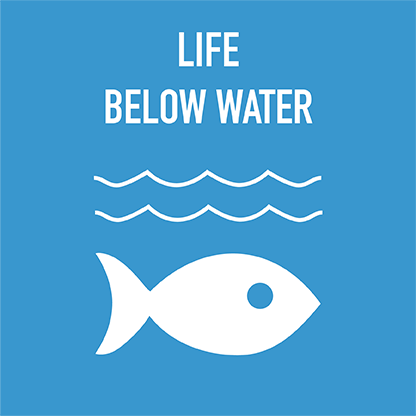The Marine Biology-Panama program offers seven, 400-level Marine Biology credits from spring term through September.
The program consists of a one-credit course in spring (BI405) and a two-part summer term course: a one-credit, eight-week planning the research project, and five-credit, two weeks of on-site academic instruction and fieldwork in Panama. OIMB Faculty Richard Emlet and Maya Watts are the instructors for the program.
BI405 Reading (1 credit P/NP) During the spring term, students explore primary and secondary literature on the habitats and environmental issues that will be seen in Panama. Students make presentations on their readings and participate in weekly discussions. Students will be required to develop a bibliography of material useful for their subsequent experience in Panama. Residency at OIMB is not required to participate. Evaluation will be based on the completion of the assignments and participation in the discussion. Class meets for one hour each week and will involve video conferencing for students on the main campus.
OXLA 488/588 Tropical Marine Biology in Panama (6 credits)
Summer term preceding the September field course
During the summer preceding the Panama field course, students will work to design and plan their research project to carry out during the field course in Panama. This pre-departure effort will involve periodic submissions of (and feedback on) planning reports organized around i) project design (questions and hypotheses) and background literature, ii) project experiments, methodology, and expected data, and iii) a completed project proposal with a list of materials necessary to conduct the research. This component is included in the study abroad program course fee. Students do not enroll for it separately. Residency at OIMB is not required.
September Field Course in Panama
The course in Panama will be a combination of a large number of field trips to a variety of tropical habitats (coral fringing and patch reefs, mangroves, and seagrass meadows), a planned research project with field observations, data collection and analysis, and lectures on habitats and organisms. Students will keep a daily journal of their observations and experiences and will conduct a research project lasting several days over a week-long period. Assessment of student work will focus on the completion and quality of journal entries and presentation of research results in the form of an oral presentation and a research poster.
Scholarship Opportunity: Applicants to this program have the option to apply for a program-specific scholarship. Award recipients are chosen based on academic merit, financial need, and overall quality of their essays. Individual awards range from $500-$1,000. To be considered, the Scholarship Essay must be completed by February 15. Please refer to the Scholarship Essay instructions in the program application or speak with your GEO advisor for more details.
 This program will not be offered in 2025.
This program will not be offered in 2025. 
